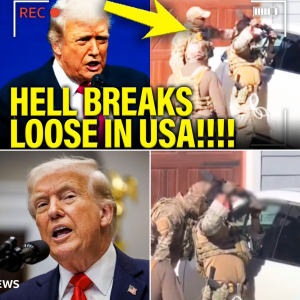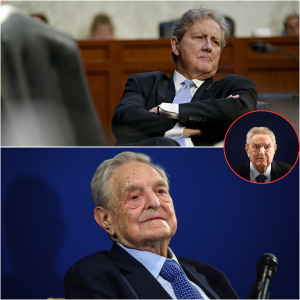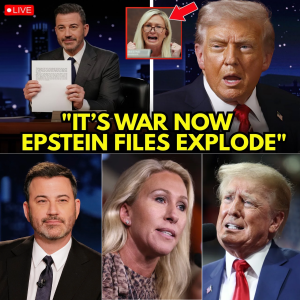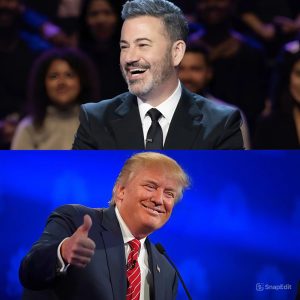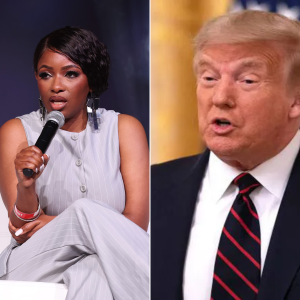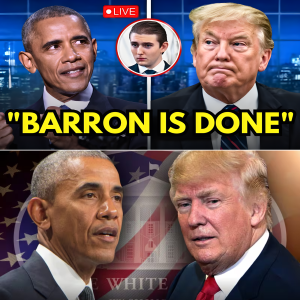NYC’s Socialist Mayor-Elect Zohran Mamdani Extends Olive Branch to Trump White House – But Vows to Fight Policies Hurting New Yorkers
By Elena Vargas, Washington Correspondent November 12, 2025
NEW YORK – In a city still buzzing from his upset victory last week, New York City Mayor-elect Zohran Mamdani struck a tone of pragmatic defiance Tuesday, pledging to reach out to President Donald Trump’s White House while drawing a firm line against federal policies that could harm the Big Apple’s 8.3 million residents. The 34-year-old democratic socialist, who will become the youngest mayor in over a century and the first Muslim and South Asian to hold the office when he takes the oath on January 1, framed the overture as essential to urban governance in a divided nation.

Speaking to reporters outside his transition headquarters in Brooklyn’s Paramount theater – the site of his jubilant election-night watch party – Mamdani emphasized collaboration where possible, but unyielding opposition where necessary. “I will be reaching out to the White House as we prepare to actually take office because this is a relationship that will be critical to the success of the city,” he said, his voice steady against the chill November wind. “I am here to work for the benefit of everyone who calls the city home, and wherever there is a possibility for working together toward that end, I am ready. If it comes at the expense of New Yorkers, I will fight it.”
The comments, delivered during a scrum with local media, quickly rippled through national discourse, amplifying the stark ideological chasm between the progressive firebrand and the incoming Republican administration. Mamdani’s win – a 50.4% to 41.6% triumph over former Gov. Andrew Cuomo’s independent bid, with Republican Curtis Sliwa taking 7.1% – was fueled by record turnout exceeding 2 million votes, the highest for a mayoral race since 1969. Young voters, immigrants, and working-class New Yorkers propelled the Queens assemblyman from relative obscurity to City Hall, drawn to his promises of rent freezes, free public transit, universal childcare, and city-run grocery stores to combat affordability crises.
Yet the road ahead is fraught. Trump, who endorsed Cuomo on the eve of the election and warned of withholding federal funds from a Mamdani-led NYC, has already branded the mayor-elect a “radical socialist” whose policies would turn the city into a “crime-ridden disaster.” The president-elect’s threats loom large over a metropolis that receives about $9 billion annually in federal aid for housing, education, and infrastructure. Mamdani’s team, however, is undeterred, viewing the outreach as a strategic necessity rather than capitulation.
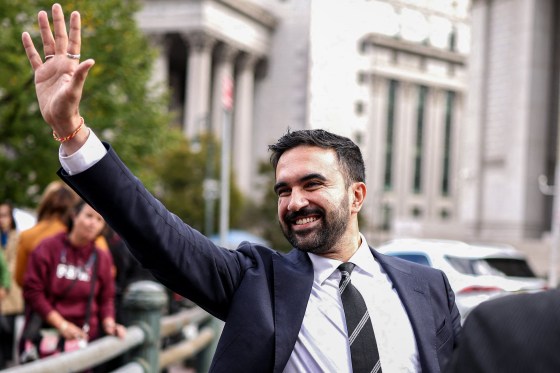
“This isn’t about kumbaya moments; it’s about protecting New York’s interests,” said a senior transition advisor, speaking anonymously to discuss private planning. The call, slated for late November, will likely focus on immediate flashpoints: Trump’s proposed tariffs on imports, which could spike costs for the city’s port-dependent economy; potential cuts to Medicaid funding amid Mamdani’s push for expanded healthcare; and immigration enforcement that threatens NYC’s sanctuary city status, home to over 3 million foreign-born residents.
Mamdani’s approach echoes his campaign’s blend of idealism and realism. Born in Uganda to Indian parents and raised in NYC after his family fled Idi Amin’s regime, he immigrated at age 7 and rose through Occupy Wall Street activism to win his Astoria assembly seat in 2020. Endorsed by Bernie Sanders and Alexandria Ocasio-Cortez, he mobilized 50,000 volunteers and outfundraised establishment rivals, but his victory speech declared NYC “a city of immigrants, built by immigrants, powered by immigrants, and, as of tonight, led by an immigrant.”
The White House overture drew immediate reactions. On X, #MamdaniMeetsTrump trended with 1.2 million posts by midday, split between progressive skeptics decrying “coziness with the MAGA machine” and moderates praising his “grown-up politics.” One viral clip showed Mamdani fielding a question on Trump’s funding threats: “We’ll fight in the courts, in Congress, and at the ballot box – but we won’t shut the door on dialogue.”
Republicans pounced. House Speaker Mike Johnson (R-La.) called the outreach “naive,” tweeting: “Socialists begging for bailouts? NYC’s about to learn the cost of defund-the-police fantasies.” Meanwhile, billionaire donor Bill Ackman, who bankrolled anti-Mamdani super PACs, posted a conciliatory note: “He’s our mayor now – let’s see if he can deliver without bankrupting the city.”
Allies rallied. Obama, who personally called Mamdani post-primary to offer counsel, reiterated support via a spokesperson: “Zohran’s vision for an inclusive, affordable NYC aligns with our shared values – collaboration strengthens democracy.” Gov. Kathy Hochul echoed the sentiment, pledging state partnership on housing and transit.
Mamdani’s transition is gaining steam. He named Dean Fuleihan, a budget veteran from de Blasio’s administration, as first deputy mayor – a nod to fiscal prudence amid skeptics’ warnings of a “Mumbai-style meltdown” from real estate tycoon Barry Sternlicht. A resume portal launched last week has drawn 50,000 applicants, signaling broad enthusiasm for his “new City Hall.” Critics, however, highlight risks: His chief advisor’s push for social workers on 911 calls has sparked backlash from police unions fearing defunding redux.
On the foreign policy front, tensions simmer. Mamdani’s vocal criticism of Israel has drawn GOP ire; one councilwoman dared him to arrest visiting PM Benjamin Netanyahu on Inauguration Day. Yet he insists: “My job is New Yorkers first – foreign policy second.”
As winter looms, Mamdani’s call to the White House symbolizes a broader Democratic tightrope: Engage without endorsing, resist without alienating. In a city of contrasts – skyscrapers and subways, tycoons and tenants – his success may hinge on threading that needle. For now, the socialist mayor-elect is betting on bridges over barricades.
“We’ve diagnosed the crisis,” he told Bloomberg Wednesday. “Now we deliver.” Whether Trump answers remains the trillion-dollar question – or at least the $9 billion one.
